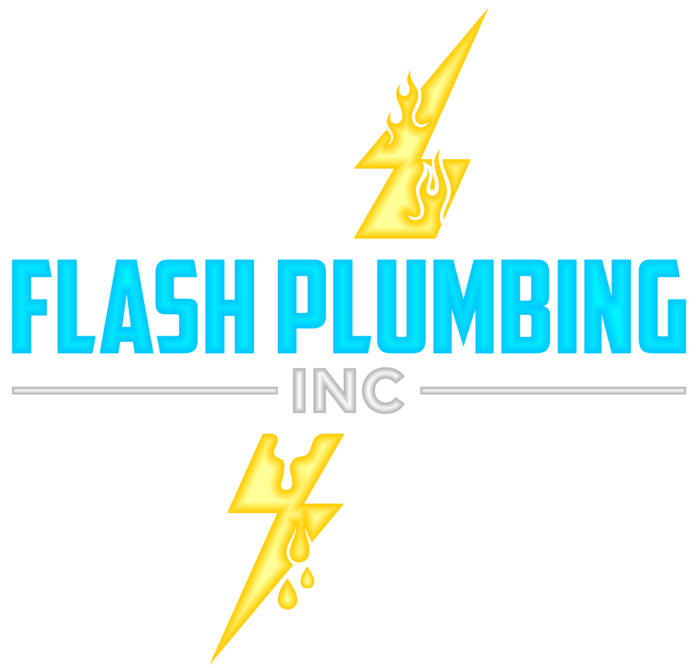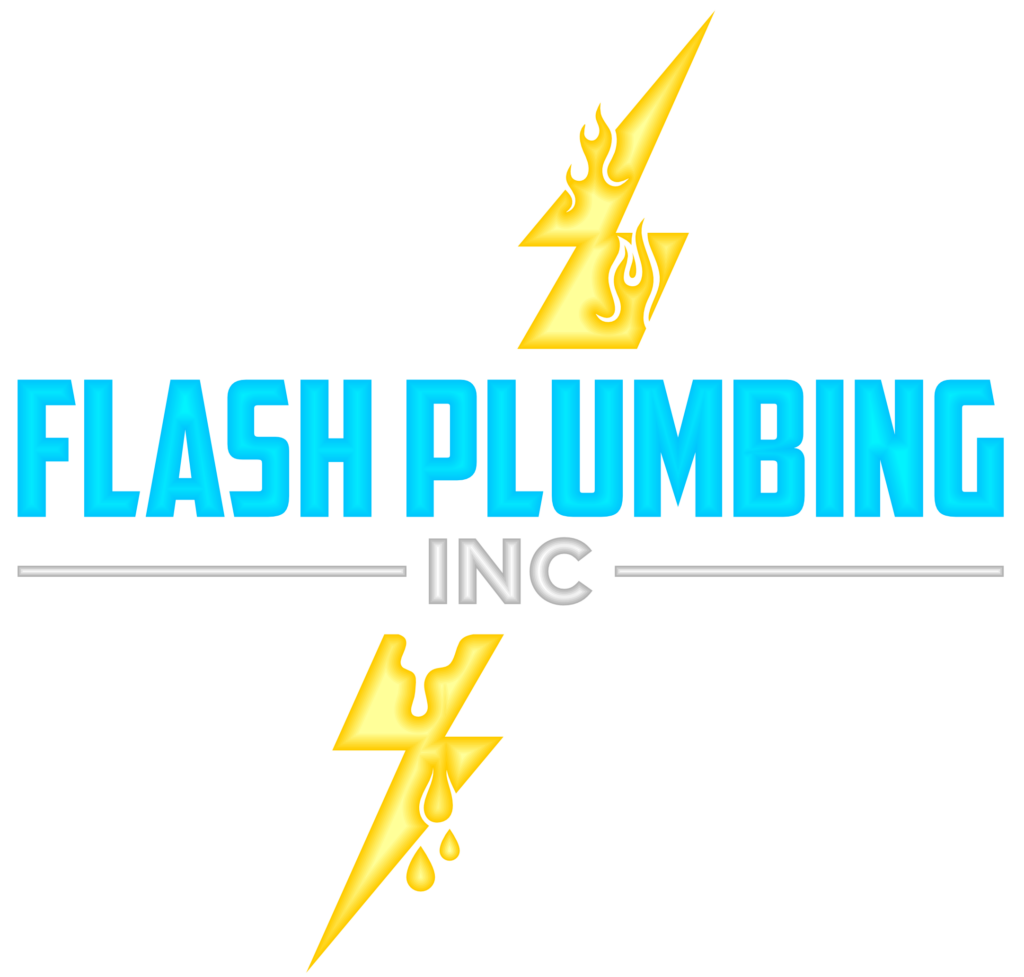Wondering if a tankless water heater is right for your home? Imagine enjoying instant access to hot water, slashed energy bills, and a beautifully decluttered space. That’s the trifecta of benefits waiting for you with this one bold move.
Crunching the numbers, you’ll find that energy efficiency translates to real dollars and cents – and those savings will only grow with time. Tankless units provide endless hot water while taking up less room and can last longer with proper maintenance.
As you go about your daily routine, what kind of difference will this make for you and your family? Take a step back from the traditional space-gobbling tanks and consider the smarter, more efficient alternative: tankless systems. You’re one step away from a well-informed decision – just look at these factors from all angles. We’ll get into a complete list of pros and cons in just a moment.
Benefits of Tankless Water Heater
When considering a tankless water heater, your family’s hot water needs are pivotal. For smaller households consuming 41 gallons or less daily, tankless systems offer energy savings of up to 34%, while larger families using around 86 gallons can see reductions from 8% to 14%. This
tech only heats the amount needed, slashing fuel and electricity use significantly.
You could save about $200 annually on utilities in Texas alone. Moreover, these units boast a robust design for continuous hot supply without taking much space. Perfect for compact homes.
Expect over two decades of service with proper maintenance vs. Traditional tanks’ shorter lifespans; plus they come with replaceable parts extending usefulness even further. They’re not just efficient but also eco-friendly by cutting down standby heat losses seen in standard models.
You’ll enjoy precise temperature control too. An essential feature ensuring safety especially for families with kids or elderly members. Some might qualify you for tax credits or rebates as well.
Cost Analysis Over Time
When deciding on a water heater, consider long-term cost. Tankless models are pricier at first, ranging from $1,000 to $3,000 for installation, versus traditional ones, around $1,500. However, they’re more efficient over time.
They only heat water as needed which cuts down energy use and saves you money on bills monthly. Traditional heaters work non-stop to keep a tank full of hot water ready but eat up more power doing so. Notably too is the lifespan difference.
Tankless units can last up to 20 years; that’s about five or ten years longer than their traditional counterparts. This extended service life adds value despite higher initial expenses because it means fewer replacements across the decades.
Longevity and Maintenance Considerations
Considering longevity and maintenance, tankless water heaters stand out with a lifespan typically ranging from 20-25 years. Significantly longer than the 10-15 years expected of their traditional counterparts. This increased durability means homeowners are less likely to face replacement costs within the same timeframe.
On the efficiency front, tankless models minimize energy waste by heating water on demand rather than maintaining a constant supply. However, they’re not without upkeep; descaling is advisable to combat hard water effects, though this tends to be less frequent compared to sediment flushing required for standard tanks.
Initial higher expenses may make you hesitate but think about long-term savings through reduced monthly utility bills and lesser maintenance demands which ultimately contribute towards an appealing return on investment over its extended lifecycle.









